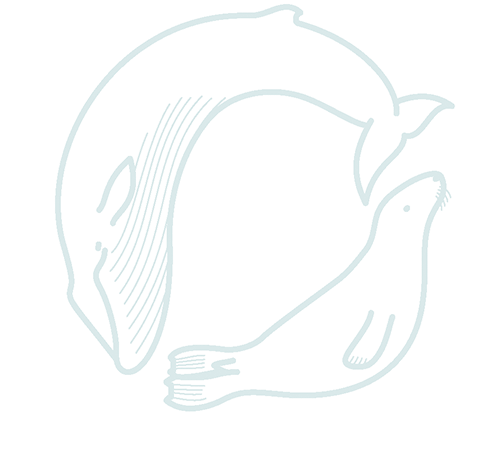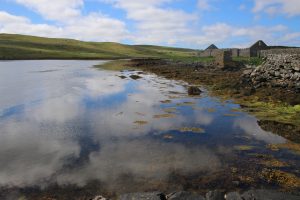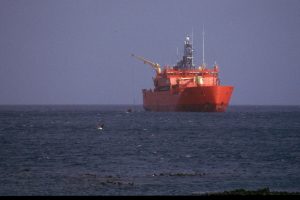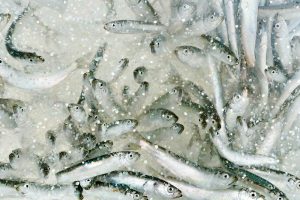Human Impacts
The impact of mans’ activities in the oceans is of increasing concern to everyone, from policymakers to the public. Not only because these activities are having an affect on marine life and associated coastal communities but also because the ocean is increasingly being recognised as important to human wellbeing and socieites in many regions of the world. At the G7 meeting in Berlin in 2015 ministers agreed that “a step change in apporach is required if we are to address the challenges our seas and oceans face.” Our research is key to enabling us to “better predict, manage and mitigate furture changes in the seas and oceans”.
Industrial Impacts and Interactions
Marine mammals are becoming increasingly involved with numerous human industrial activities. Oil exploration and production, aggregate extraction, shipping, tourism and port developments all interact in one way or another with marine mammals. As highly visible, popular and charismatic animals, marine mammals are often near the centre of public concerns for the health and wellbeing of the marine environment. Numerous studies therefore focus on measuring the impacts of industrial practices on aspects of marine mammal biology, and in addressing potential ways of minimising such impacts.
Gordon Hastie, Doug Gillespie, Ailsa Hall, Vincent Janik, Mark Johnson, Bernie McConnell, Debbie Russell, Simon Northridge, Dave Thompson
Ocean Noise
As man’s activities in the oceans are on the rise, so is the noise that these activities produce – increased shipping traffic, seismic surveys and large infrastructure projects all contribute. As sound is the principle means of communication, navigation and foraging for many marine mammal species, this increase in acoustic disturbance is of major concern. Effects range from masking of animal signals to habitat exclusion and even to permanent physical damage and mortality. Much of the studies we carry out in this area are focussed on understanding, predicting and modelling the potential impacts of increased ocean noise in order to assist with its mitigation.
Marine Renewable Energy
A significant proportion of current strategic research at the Sea Mammal Research Unit is directed towards assessing the effects of offshore renewable energy generation (wind, tide and wave) construction and operation and is of concern to both regulators and industry. A major research programme, funded by Marine Scotland is being undertaken, focussing on the effect of tidal turbine arrays planned for deployment in Scottish waters. More details on the research can be found here.
Fisheries Interactions and By-catch
Marine mammals have for a long time been viewed in some quarters as serious competitors with fisheries. Indeed this is one of the main reasons cited by whaling nations as to why they need to keep whaling. At the individual level, marine mammals are also frequently unintentionally caught in fishing activities, and the cumulative effects of these bycatches at the population level can in some cases be severe. In many areas individual marine mammals also cause damage to fishing operations and to aquaculture by removing fish from nets, hooks and fish traps. In fact marine mammals probably interact with fisheries to a much greater extent than is immediately obvious, taking advantage of the ready availability of fish that are being herded or caught by fishing gear. Studies on by-catch revolve around making observations of fishing operations on board commercial fishing vessels, and where it is deemed necessary, helping the fishing industry to minimise the frequency of such events. Likewise, where marine mammal depredations are considered an economic threat, it may be necessary to find ways of deterring them from specific fishing gear and aquaculture sites and we are testing various deterrent devices.







